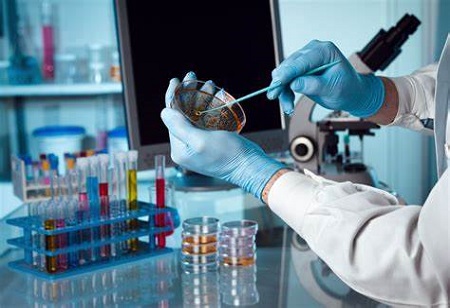India Pharma Outlook Team | Wednesday, 12 July 2023

A good investment climate in India is required to increase biopharma and accelerate new medication research and development (R&D) activities. According to Kamal Babbar, managing director of Virchow Healthcare, the day regulatory approval in India shifts away from prior permission in foreign markets, Indian pharma businesses will start investing more in original research. Virchow Healthcare, based in Hyderabad, is an ISO 13485:2012, US FDA, and WHO - GMP certified major worldwide leader in the biopharma sector with over 15 years of operational experience.
It is currently concentrating its efforts in Southeast Asia, Russia-CIS, Africa, LATAM, and South Asia. With a strong client base around the world, the company intends to expand rapidly over the next two years. The Virchow Group's business portfolio includes biogenerics, medicines, medical devices, and APIs. The company is the world's largest producer of sulfamethoxazole and ranitidine hydrochloride. Kamal Babbar goes on to say that huge Indian corporations have started doing it in vaccinations. If the Indian investment climate improves, it will spread to other medicines. The biopharma market in India is expanding, albeit at a slower pace than anticipated due to a longer and more expensive regulatory approval procedure.
Virchow sees itself as a service provider for other Indian companies, as well as a provider of finished goods in emerging markets through local partners in various countries. It was a pioneer in introducing various biopharma products into the Indian market, including PDGF (Becaplermin), Peg-Interferon, and Teriparatide. Talking about the acceptance of Indian biopharmaceutical products in international markets, he informs that Indian firms are now beginning to enter International markets. Large investments required for accessing the International market are being made by some larger Indian firms. Talking about the Indian regulatory documents for these products, Babbar says, “Indian regulatory process for the biopharma products follow generally accepted guidelines for the biosimilar approvals in the advanced markets.”